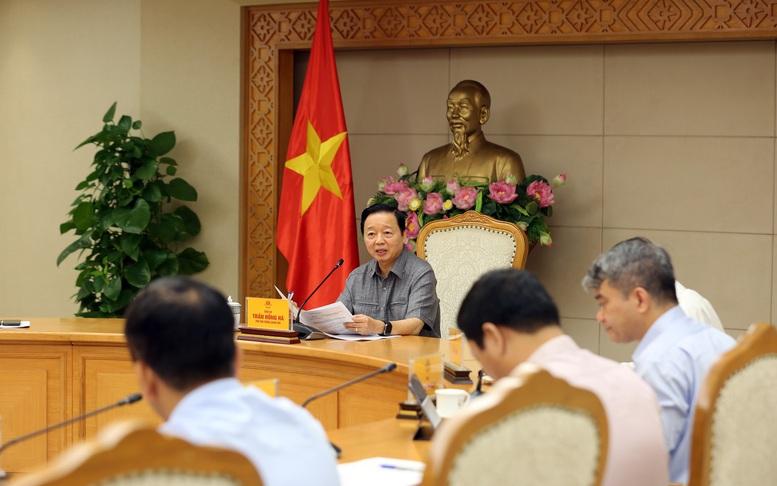
Deputy Prime Minister Tran Hong Ha emphasized that the ultimate goal is to form an independent, self-reliant railway industry with the capacity to master the value chain and core technology - Photo: VGP/Minh Khoi
Choose a business with potential and ability to access advanced technology
According to the report of the Ministry of Construction , the draft Decree aims to establish a legal mechanism to gradually form core enterprises to create a premise for the domestic railway industry to develop, form a supply chain for manufacturing railway industrial products and goods; gradually master technology, aiming to create railway industrial products that achieve national brands.
The content of the draft Decree is new regulations, which are regulated for the first time according to the assigned tasks in the Railway Law 2025, and related resolutions of the National Assembly . The draft Decree aims to resolve practical difficulties in that there are no regulations on assigning tasks and ordering the provision of railway industrial goods and services using budget capital outside of regular expenditure.
This draft Decree has revised and perfected the criteria for selecting suppliers in a strict direction, ensuring the selection of enterprises with real potential, capable of accessing advanced railway technology, playing a core role, leading the domestic industry, participating deeply in the supply chain of railway industrial products, gradually mastering technology, aiming to build a national brand in this field.

Deputy Minister of Construction Nguyen Danh Huy speaks - Photo: VGP/Minh Khoi
Criteria groups include: Financial capacity; facilities; human resource capacity; capacity and experience in performing tasks; product quality.
Notably, smaller-scale enterprises are participating in some components of railway industrial goods and services as supporting partners, creating a foundation for forming a domestic supporting industrial chain, promoting the comprehensive development of Vietnam's railway industry.

Deputy Minister of Finance Do Thanh Trung speaks - Photo: VGP/Minh Khoi
The draft also stipulates the content of assigning tasks and ordering the provision of railway industrial goods and services; implementation procedures; responsibilities of the assigning and ordering agencies and suppliers.
Need to study the "general engineer" model
Deputy Prime Minister Tran Hong Ha said that if the market is left to operate on its own, individual investors will not be able to form large enough enterprises, while investment in the railway industry requires huge resources. For enterprises to develop sustainably, there must be a centralized mechanism and strong enough policies oriented by the State to create a market and form basic industries, independent mechanical engineering, self-design and self-production.
"When the State commits, businesses will dare to make large investments," the Deputy Prime Minister affirmed, adding that there must be outstanding policies on land, taxes, research, technology acquisition and transfer.
Citing China's experience with dozens of large enterprises and thousands of supporting enterprises, the Deputy Prime Minister said that the State needs to proactively shape and place orders with qualified enterprises, develop a system for manufacturing components and details in the production chain, thereby forming a supporting industry for the Vietnamese railway industry.
At the meeting, representatives of several ministries and sectors said that the establishment of an ordering mechanism in the development of the railway industry must be considered as placing trust in new, unprecedented fields. Therefore, it is necessary to clearly define who has the right to place orders to avoid dispersion and overlap in implementation. In particular, it is necessary to study the model of a "general engineer" with sufficient authority and capacity to coordinate, connect and supervise the implementation, ensuring synchronization between participating entities.
The Decree needs to be linked to the development roadmap and localization capacity of domestic enterprises, based on actual needs until 2030 and vision to 2045. The order needs to clearly identify the products that domestic enterprises can produce, localize and supply for existing, urban and high-speed railway types.
Ordering criteria should be divided into two categories. For future products and services, the enterprise must have a factory, production line, technology, labor, production capacity, inspection, warranty, maintenance and financial capacity. For existing products, the main criteria are conformity, compliance, inspection, warranty, maintenance and synchronization.
In some cases, to ensure the uniformity and compatibility of equipment, the decree needs to allow the ordering of imported components and parts that cannot be produced domestically but are necessary to ensure the uniformity of the entire railway system.

General Director of Vietnam Railway Corporation Hoang Gia Khanh makes a proposal - Photo: VGP/Minh Khoi
Deputy Minister of Finance Do Thanh Trung said that the decree on ordering mechanism in the railway sector is not only a regulation on assigning tasks or purchasing, but is an important step to realize the policy of developing science, technology and railway mechanical industry. Besides, in industrial development, especially mechanical industry, no enterprise is strong enough to stand alone, but it is necessary to form an ecosystem of associated enterprises. Therefore, the approach must be clear about the types, criteria and capacity of enterprises participating.
"The criteria should not only be based on capital size or credit borrowing capacity, but also on businesses with registered intellectual property, professional capacity and reputation. If a business has technology, production rights and actual capacity, the market and credit institutions will naturally support it," Deputy Minister Do Thanh Trung said.
General Director of Vietnam Railways Corporation Hoang Gia Khanh proposed that according to the new decree, Vietnamese enterprises, including both state-owned and private enterprises, are allowed to participate in placing production orders in the railway industry. However, to form a synchronous industrial ecosystem, the participation of many enterprises in the supply chain is needed.
Mr. Hoang Gia Khanh believes that there should be only one single railway industrial complex, centrally planned to avoid spreading resources. The State needs to guide, place orders, and private enterprises should participate in the supply chain of components, accessories, and equipment, forming a common ecosystem for the development of the domestic railway industry.
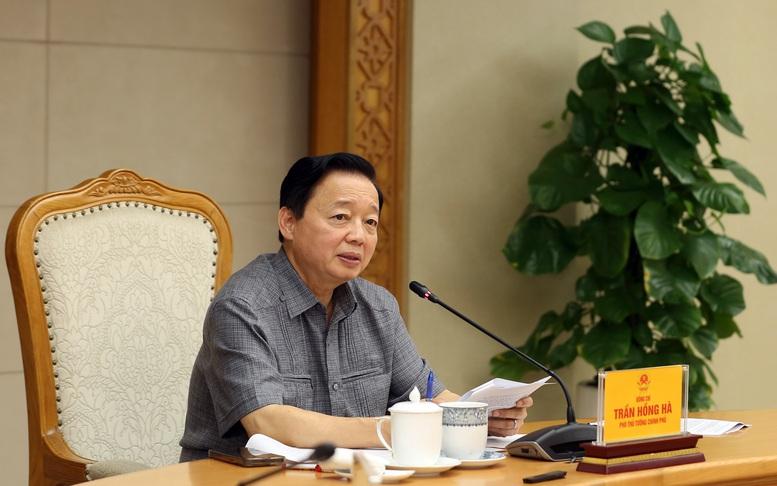
The Deputy Prime Minister requested to clearly define the product portfolio and core value chain, not to spread them out, and to focus on key areas of the railway industry - Photo: VGP/Minh Khoi
The state commits, only then will businesses dare to make large investments.
Concluding the meeting, Deputy Prime Minister Tran Hong Ha emphasized that the ultimate goal is to form an independent, self-reliant railway industry with the capacity to master the value chain and core technology. The development strategy must be set within a clear framework, reflecting the Party and State's orientation on developing the foundation industry, especially mechanical engineering, design and synchronous technology.
The Deputy Prime Minister requested to clearly define the product portfolio and core value chain, not to spread them out, and to focus on key areas of the railway industry. Prioritize the development of high-speed railways, because when mastering this field, it will automatically master the lower sub-sectors. The State needs to "order" unprecedented products and technologies, creating a breakthrough in domestic production capacity.
Participating enterprises must have a clear technology transfer plan, commit to gradually increasing the localization rate, have a research institute, a team of engineers, design-manufacturing capacity and meet international technical standards and regulations; organize a production ecosystem, have a network of downstream suppliers, demonstrate the ability to link and organize a synchronous production chain.
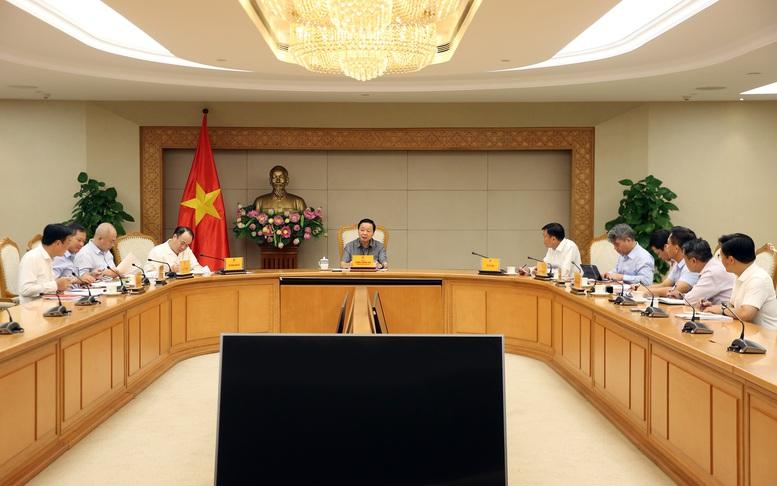
Regarding the ordering mechanism, the Deputy Prime Minister affirmed that the ordering entity is the State, not the locality or individual investor - Photo: VGP/Minh Khoi
The State needs to commit to a stable consumption market for ordered products; have outstanding preferential policies to support businesses in research, technology transfer, human resource training, research institute development, etc. At the same time, establish a council to evaluate and select businesses, publish a list and clear criteria, ensure transparency, and strict legality in assigning tasks.
Regarding the ordering mechanism, the Deputy Prime Minister affirmed that the ordering entity is the State, not the locality or individual investor. However, this is a new, complicated and unprecedented issue, so it is necessary to limit the scope of application, focusing only on a number of industries that do not have it yet to avoid spreading.
Ministries and sectors develop specific roadmaps, implement model and key projects; complete legal bases, registration procedures, and capacity assessment; ensure specific products with high practical applicability.
Updated on October 16, 2025
Source: https://laichau.gov.vn/tin-tuc-su-kien/chuyen-de/tin-trong-nuoc/xac-dinh-ro-san-pham-chuoi-gia-tri-tap-trung-vao-cac-linh-vuc-then-chot-cua-cong-nghiep-duong-sat.html



![[Photo] Closing ceremony of the 18th Congress of Hanoi Party Committee](https://vphoto.vietnam.vn/thumb/1200x675/vietnam/resource/IMAGE/2025/10/17/1760704850107_ndo_br_1-jpg.webp)




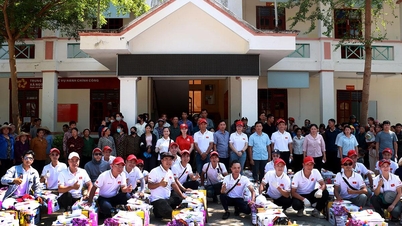



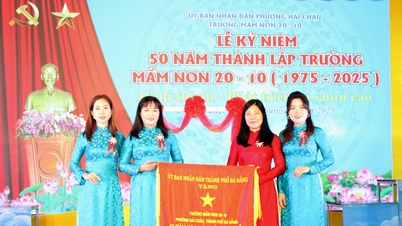





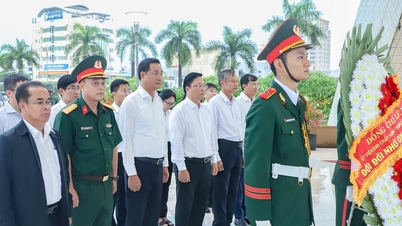





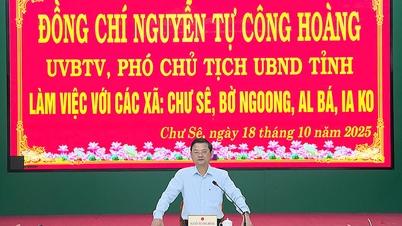

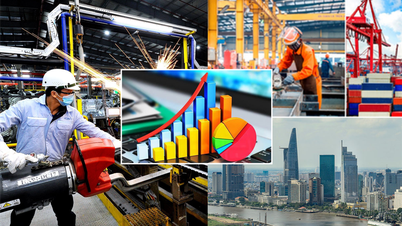
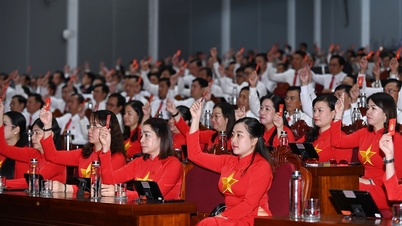


![[Photo] Nhan Dan Newspaper launches “Fatherland in the Heart: The Concert Film”](https://vphoto.vietnam.vn/thumb/1200x675/vietnam/resource/IMAGE/2025/10/16/1760622132545_thiet-ke-chua-co-ten-36-png.webp)


































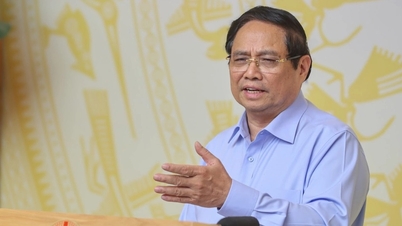
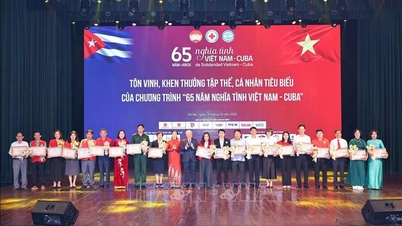

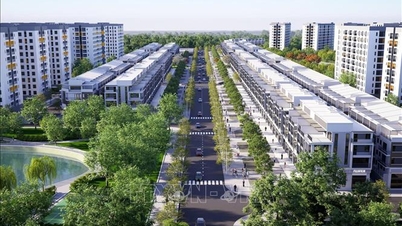









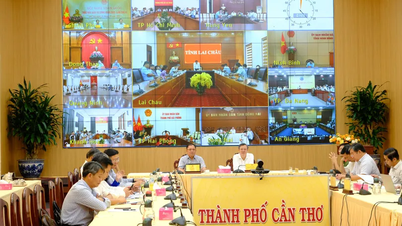

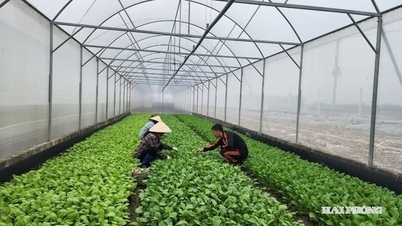



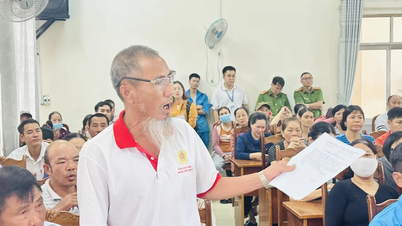
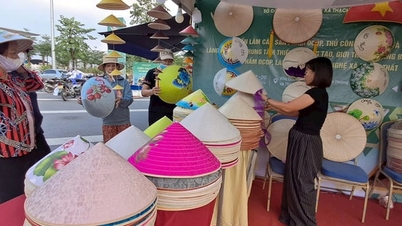














Comment (0)